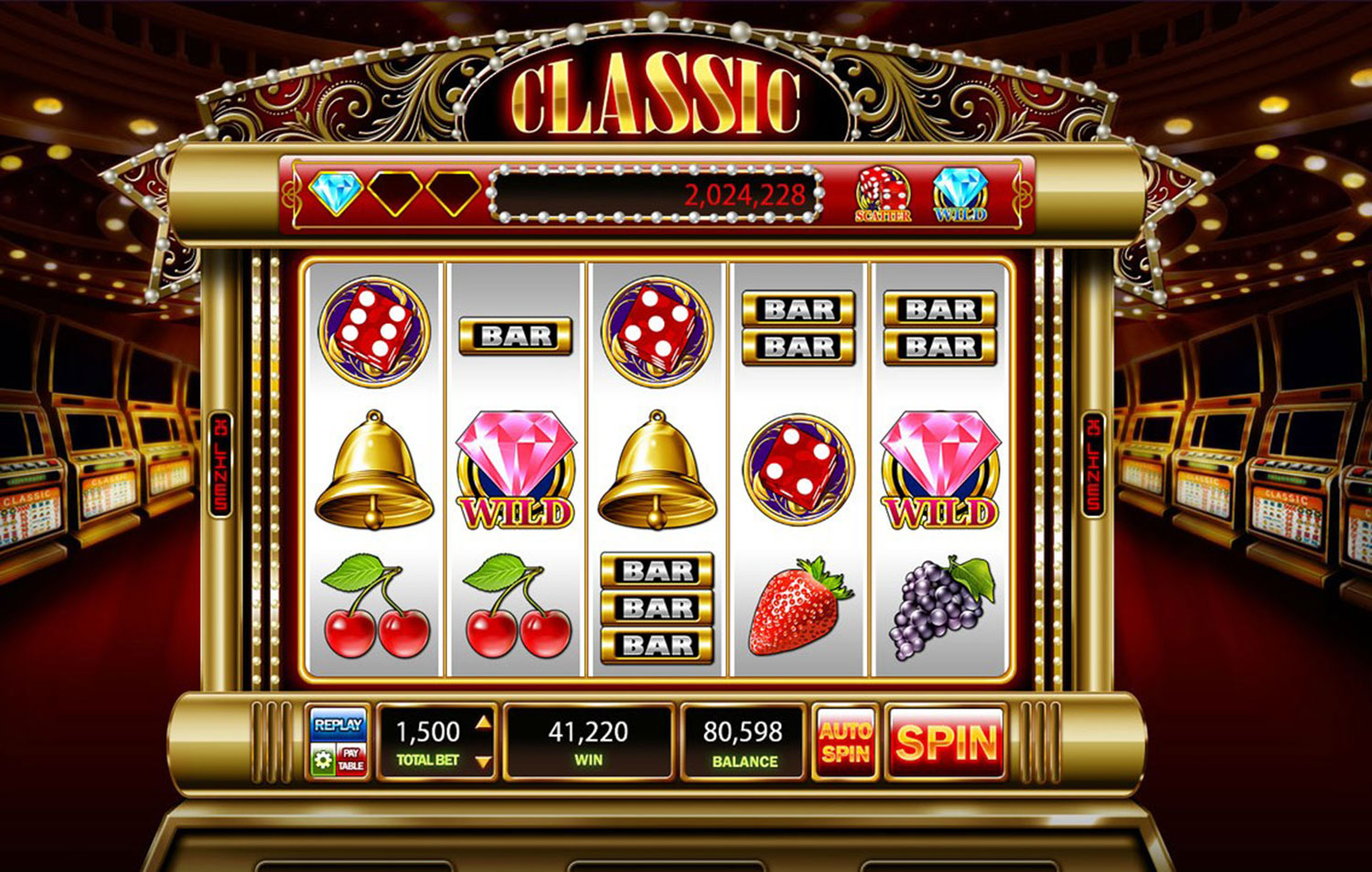Spins in the context of online gambling are not just a visual rotation of reels. Understanding what spins are in a casino involves technical, mathematical, and strategic aspects that affect the entire gaming process. Each spin is a complete cycle, including deducting the bet, selecting a combination by the random number generator (RNG), displaying the result, and awarding the win or recording the loss. Skillful analysis of this process allows managing the session duration, controlling risks, and consciously using bonus features.
One Spin Mechanics: What Are Spins in a Casino
To clearly understand what spins are in a casino, it is important to dissect their internal structure. Each spin is initiated by pressing a button or activating auto-spin. From that moment, the RNG generates a combination of numbers within fractions of a second that corresponds to a specific arrangement of symbols on the reels. The combination is determined instantly, and the reel animation serves a purely visual function.

The cost of one round depends on three parameters:
- coin denomination (minimum – 0.01–0.10 ₽, depending on the slot);
- number of active lines or ways to win;
- bet per line.
For example, with a coin denomination of 0.50 ₽, 20 active lines, and a 1-coin bet per line, the cost of one spin will be 10 ₽. Changing any of the parameters instantly alters the final amount and the strategic profile of the session.
Mathematical Model: RTP, Volatility, and Probability
Without understanding the mathematical indicators, it is impossible to fully grasp what spins are in a casino. RTP (Return to Player) shows the portion of bets a slot returns to players in the long run. For a slot with an RTP of 96.5% and a 100 ₽ bet, the average mathematical expectation over a very large distance will be -3.50 ₽ per spin.
Volatility determines the game’s nature:
- high – rare but large wins;
- low – frequent but small payouts;
- medium – a balance of frequency and size.
The choice of volatility directly impacts the bankroll requirements. High-volatility games require a reserve of 350–500 bets to withstand long periods without significant wins.
Spins Economy and Session Duration
Understanding what spins are in a casino is incomplete without calculating the session length. For example, with a 20 ₽ bet and a 4000 ₽ bankroll, on average, you can make 200 spins. However, bonus rounds, risk games, and random large wins can extend this distance.
The session pace is also critical. Manually spinning at a rate of 10–12 spins per minute helps maintain focus and better control expenses. Auto-spins increase the frequency to 15–20, accelerating budget consumption and increasing the load on psychological perception.
Paylines and Win Formats
Paylines are a key element in understanding what spins are in a casino. Classic slots use fixed lines that count winning combinations from left to right. Modern formats, such as “243 ways to win,” consider matches on adjacent reels regardless of their position.
The presence of special symbols enhances the potential:
- Wild substitutes regular symbols, helping form winning combinations;
- Scatter activates bonus modes, including free spins;
- multipliers (×2, ×3, ×5 and higher) increase final payouts.
The paytable always indicates coefficients, bonus activation conditions, and the value of each symbol at different stakes.
Bonus Spins and Additional Mechanics
When delving into what spins are in a casino, bonus spins cannot be overlooked. Free spins offer a series of rounds without deducting the main bet, preserving all chances of winning. Some mechanics allow increasing multipliers during the bonus, accumulating Wild symbols, or expanding the number of reels. Risk games are also common, where a win can be doubled or multiplied several times by guessing the color or suit of a card. However, such features increase variance and require caution.
Bankroll and Bet Management
An important part of understanding what spins are in a casino is the ability to manage your budget. Clear planning of bets and limits protects against rapid loss of funds. For example, with a 3000 ₽ bankroll and a 15 ₽ bet, it is optimal to plan for 200 spins considering possible fluctuations.
The bet reserve is selected based on volatility:
- low – 100–200 bets;
- medium – 200–300;
- high – 350–500.
Algorithm for Beginners
A step-by-step guide will help understand what spins are in a casino:
- Determine the bankroll amount and loss limits.
- Choose a slot with suitable RTP and volatility.
- Study the paytable and symbol features.
- Calculate a bet ensuring 200–500 spins.
- Test the slot in demo mode.
- Start the game with the minimum bet, controlling the pace.
- Activate bonus features with sufficient funds.
- Take breaks every 10–15 minutes.
- Stop playing when reaching limits.
- Analyze session statistics.
Errors and Their Consequences
Novices, not fully understanding what spins are in a casino, often make typical mistakes:
- playing at the maximum bet without an adequate budget;
- ignoring the paytable;
- relying on myths about “hot” slots;
- using auto-spins without control.
These actions significantly increase the risk of losing funds and diminish the enjoyment of the game.

Fairness and Technical Aspects: What Are Spins in a Casino
Understanding what spins are in a casino also involves verifying the game’s fairness. Licensed providers use certified RNGs, undergo audits, and publish test results. The license and operator’s reputation directly impact fund security.
Conclusion
Now it is clear that spins in a casino are a complex mechanism combining mathematics, strategy, and resource management. Controlling bets, choosing the appropriate volatility, utilizing bonuses, and maintaining discipline form the basis of a responsible and effective gaming process.
 en
en  ru
ru  de
de  ar
ar  es
es  hi
hi  fr
fr  nl
nl  it
it  pt
pt  el
el 













